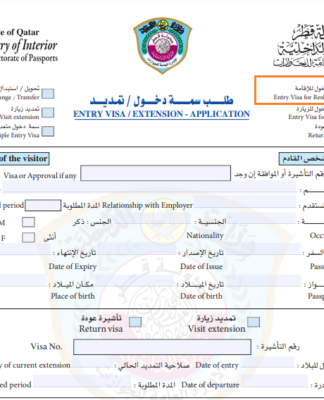POLITICSSOUTH KOREA
South Korea: Why support for nukes is on the rise
Julian Ryall
02/17/2023February 17, 2023
Over three-quarters of South Koreans believe a nuclear deterrent offers the best defense for their country amid growing security threats from North Korea and China.
https://p.dw.com/p/4NdwX
A new study indicates that more than 76% of South Koreans believe the nation should develop and deploy its own nuclear weapons to serve as a deterrent, with China seen as the biggest threat to peace in the region but North Korea also a constant cause for concern.
Perhaps surprisingly, analysts point out, support for an independent nuclear capability has support from across the political spectrum in South Korea.
Conservatives insist an arsenal of nuclear weapons is necessary to fend off the threat posed by Beijing. China has in recent years been aggressively expanding its control of the South China Sea, is demanding control over Taiwan and has made increasingly bold territorial claims against many of its neighbors, including South Korea.
The unpredictable Kim Jong Un-led regime in Pyongyang has also been investing heavily in its nuclear and long-range missile capabilities in recent years, with analysts predicting an eighth underground nuclear test at the North’s Punggye-ri proving grounds in the coming months.
Fragility of the alliance with US
Others in the South have been alarmed at the perceived fragility of the security alliance that has tied the US to Seoul since the outbreak of the Korean War in 1950.
While in power, President Donald Trump strong-armed Seoul into sharply increasing the amount it paid to keep US troops in the South by threatening to withdraw US forces from the peninsula.
More recently, questions have been asked about Washington’s commitment to the alliance as trade frictions have grown.
Japan, South Korea put new focus on militaries
02:21
The US has taken a firmer stance on imports of South Korean electric vehicles and is shifting away from a long reliance on Korean semiconductor manufacturers.
The sense, among some, is that if Washington cannot be trusted on trade, then how can Seoul be absolutely certain US forces will be committed in the event of another invasion from the North or a threat to South Korean national security from China?
Even some to the left of the political spectrum are throwing their support behind a homegrown nuclear capability. They say it would permit Seoul to rely less heavily on the defensive umbrella provided by the US, enable a drawdown of US military personnel and ensure that South Koreans made decisions for themselves on matters of national security.
Announced on January 30, the latest study on attitudes towards a domestic nuclear deterrent was conducted by the Chey Institute for Advanced Studies, with 60.7% of the respondents to the think tank’s questionnaire saying they believe South Korea is “somewhat in need” of developing its own nuclear weapons. An additional 15.9% said a nuclear deterrent is “very much in need.”
A mere 3.1% of those polled said the South has absolutely no need for its own nuclear weapons, while a further 20.3% responded that there is “little need” for a domestic nuclear deterrent.
“I believe that we are in a situation in which China is emerging and becoming a huge threat and the US is trying to compete with South Korea,” said Hyobin Lee, an adjunct professor of politics at Chungnam National University.
“The fact that the US does not subsidize Korean electric vehicles and tries to compete in the semiconductors industry is creating anxiety for South Korea,” she told DW.
Trust in the nuclear umbrella
“South Koreans do not trust the nuclear umbrella provided by the US,” she added. “How can we trust someone for protection if they treat us as a competitor?”
Nevertheless, there is a fear that China’s increasingly aggressive moves in the Indo-Pacific will ultimately lead to conflict.
“Antipathy towards China is increasing day by day,” Lee said. “According to one survey, about 80% of Koreans say they have antipathy toward China, which is the highest rate in history. Many Koreans believe that there is a relatively high possibility that China and North Korea could attack South Korea.”
South Korean President Yoon Suk-yeol chairing a Cabinet meeting in SeoulSouth Korean President Yoon Suk-yeol chairing a Cabinet meeting in Seoul
Debate over the South’s nuclear ambitions have been stoked once more by an apparently offhand comment by President Yoon Suk-yeol about the nation’s defense optionsImage: YONHAP/AP/dpa/picture alliance
The Chey Institute study comes on the heels of a series of similar polls that all point in a similar direction — increasing support for a domestic nuclear capability. In recent years, research by the Chicago Council on Global Affairs put the figure at 71% of the public, while another study by the Asian Institute for Policy Studies determined the support rate to be 70.2%.
Karl Friedhoff, an author of the Chicago Council report, pointed out that the support rate for nuclear weapons is higher in the latest study, although he noted that the methodology employed differed from earlier polls.
His own study emphasized that the acquisition of nuclear weapons was “once a topic for the political fringe” but has now become a mainstream element of security discussions.
The report added that support for nuclear weapons was “robust,” with far greater support for domestic control over an atomic arsenal than for Washington deploying its own weapons in South Korea to act as a deterrent.
Some 67% of the Korean public favor an independent nuclear capability, against just 9% who want the US to base its weapons in the South.
Friedhoff also suggested yet another reason for that solid support, a concept called “unwanted use theory.”
According to the theory, as the credibility of US power and preparedness to use nuclear weapons from bases in South Korea increases, that paradoxically makes the South more of a target for its regional rivals, either as a pre-emptive strike or in retaliation.
Debate over the South’s nuclear ambitions has been stoked once more by an apparently offhand comment by President Yoon Suk-yeol about the nation’s defense options. In January, he said his nation might need to acquire a nuclear capability or, at the very least, play a more active role in managing US weapons that could be reintroduced to the South.
Prepared for North Korea’s nukes
02:04
Official opposition
“The present position of the government is opposed to a domestic nuclear weapons program in South Korea,” Friedhoff said. “However, they do seem to be seeking a return of tactical nuclear weapons or nuclear sharing.”
Fearful of proliferation and a strong, united response from China and North Korea, the US is opposed to both options. Yet, if South Korea were to try to create its own nuclear deterrent, Friedhoff estimates it would take less than one year to develop a weapon.
“I think it is important to note that even if South Korea develops nuclear weapons, where is it going to put them?” Friedhoff said. “The land mass is restricted and any nuclear installations would be near a population center. That will draw more protests. Thus, it seems likely that any South Korean weapons program would have to be naval based.”
Any plans for an independent nuclear capability would inevitably be condemned by South Korea’s regional rivals, primarily North Korea and China, as a deliberate effort to destabilize the region and would likely trigger retaliatory economic sanctions from Beijing.
Japan would be likely to express its concerns, while the US can be expected to resist efforts by the South to develop and deploy atomic weapons on the grounds that it opposes nuclear proliferation.
Any such decision would also mean Seoul would be abandoning its commitments under the Nuclear Non-Proliferation Treaty, with implications for its civilian nuclear energy program.
Equally, while they are significantly outnumbered, the analysts say, the 24% of the Korean public opposed to nuclear weapons have not yet begun to speak out.
“The Korean people are not in a situation where they can easily and quickly possess their own nuclear weapons, even if they want to,” said Lee. “South Korea should respect the Nuclear Non-Proliferation Treaty and it will not be easy to break this promise it has signed.”
Every Friday, DW Asia editors put together a collection of the week’s best stories from around the continent. You can sign up here for the weekly DW Asia newsletter.
Edited by: Srinivas Mazumdaru














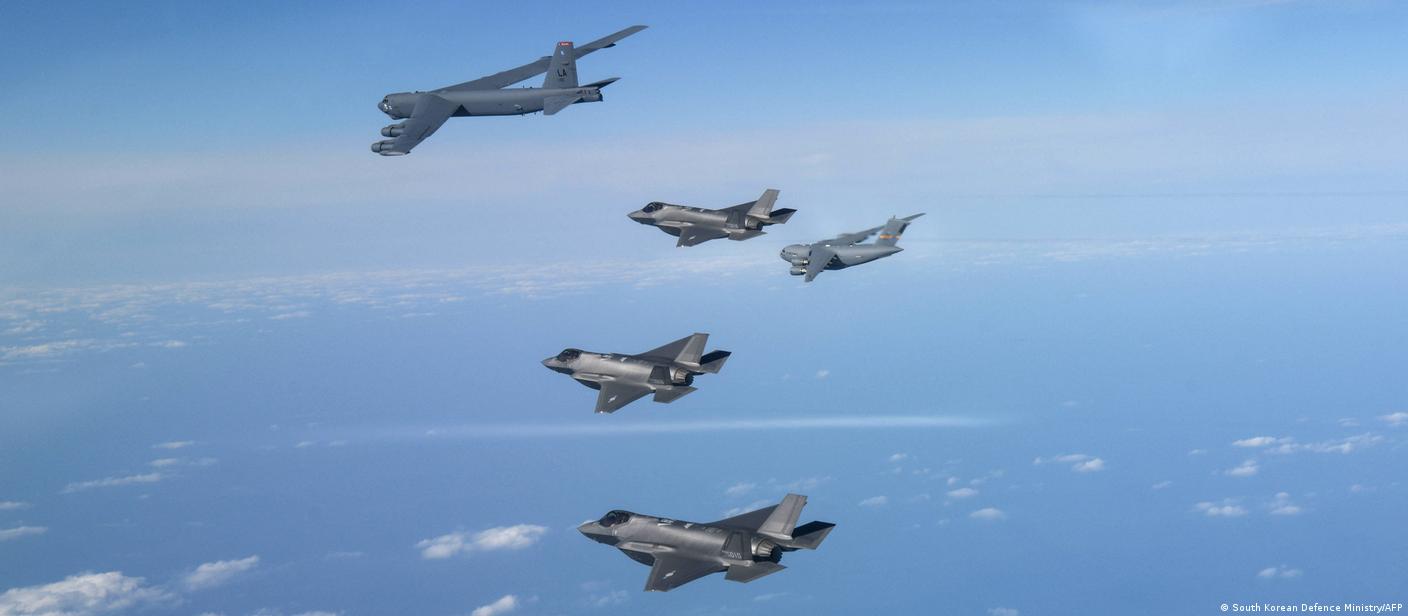

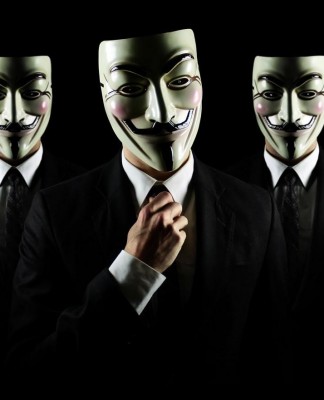
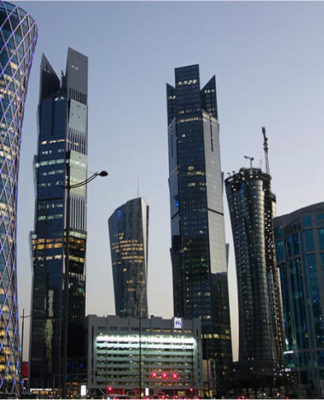
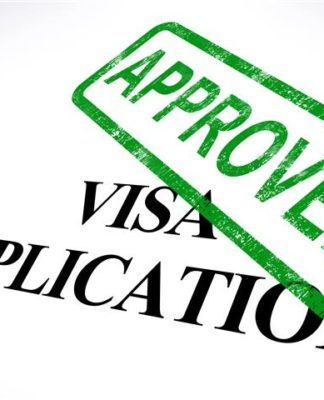



![List Of Profession Eligible For Family Visa In #Qatar2022 [Salary Occupations]](https://welcomeqatar.com/wp-content/uploads/2022/07/maxresdefault-1-324x400.jpg)
